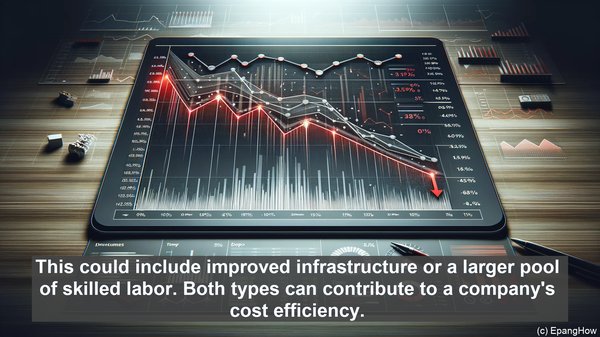Introduction: The Crucial Role of Economics in Business
Hello everyone! Welcome to our article on the economics of scale and the economics of scope. Economics plays a vital role in shaping business strategies, and understanding these two concepts is essential for any entrepreneur or business professional.

Economics of Scale: Maximizing Efficiency
Let’s start with the economics of scale. This concept revolves around the idea that as a business increases its production or output, it can achieve cost advantages. In simple terms, the more you produce, the lower your average cost per unit becomes. This is primarily due to two factors: spreading fixed costs over a larger output and taking advantage of bulk purchasing. By reducing costs, businesses can enhance their profitability and competitiveness in the market.

Types of Economies of Scale
There are two main types of economies of scale. Internal economies of scale are the advantages a company gains by expanding its own operations. For example, a larger production facility can benefit from specialized machinery or better utilization of resources. External economies of scale, on the other hand, are the benefits that arise from the overall industry growth. This could include improved infrastructure or a larger pool of skilled labor. Both types can contribute to a company’s cost efficiency.
Economics of Scope: Diversification and Synergies
Now, let’s move on to the economics of scope. While the economics of scale focus on increasing output in a single product or service, the economics of scope involve diversifying the range of products or services offered. This diversification can lead to synergies, where the combined value of the different offerings is greater than the sum of their individual values. By leveraging shared resources, such as distribution networks or marketing campaigns, businesses can achieve cost savings and potentially capture a larger market share.
The Relationship between Scale and Scope
Although the economics of scale and the economics of scope are distinct concepts, they are not mutually exclusive. In fact, they often complement each other. For instance, a company that has achieved economies of scale in its core product may find it easier to enter new markets or introduce related products. By leveraging its existing infrastructure and knowledge, it can potentially achieve economies of scope as well. This interplay between scale and scope is a key consideration for businesses looking to expand or diversify.
